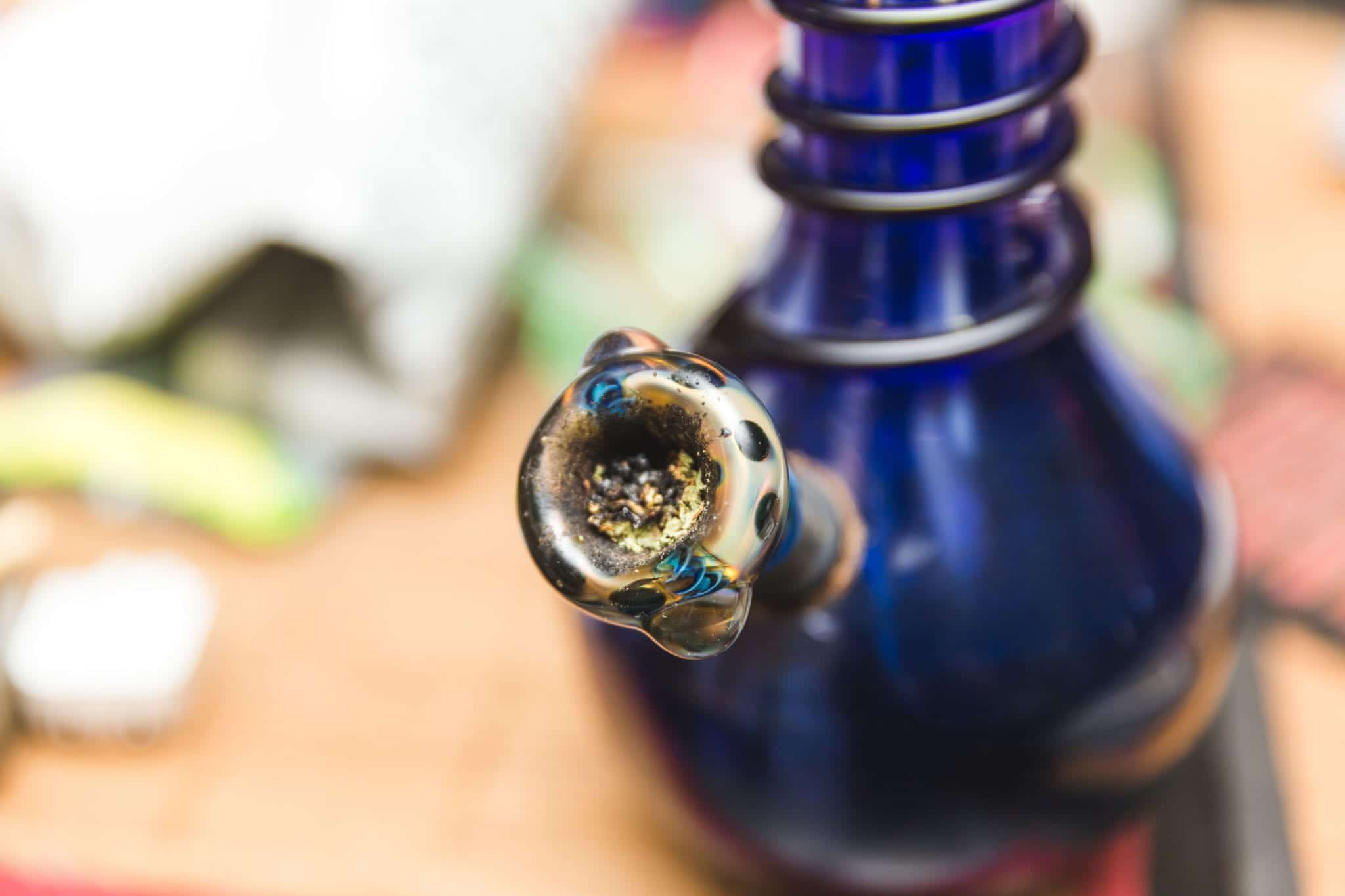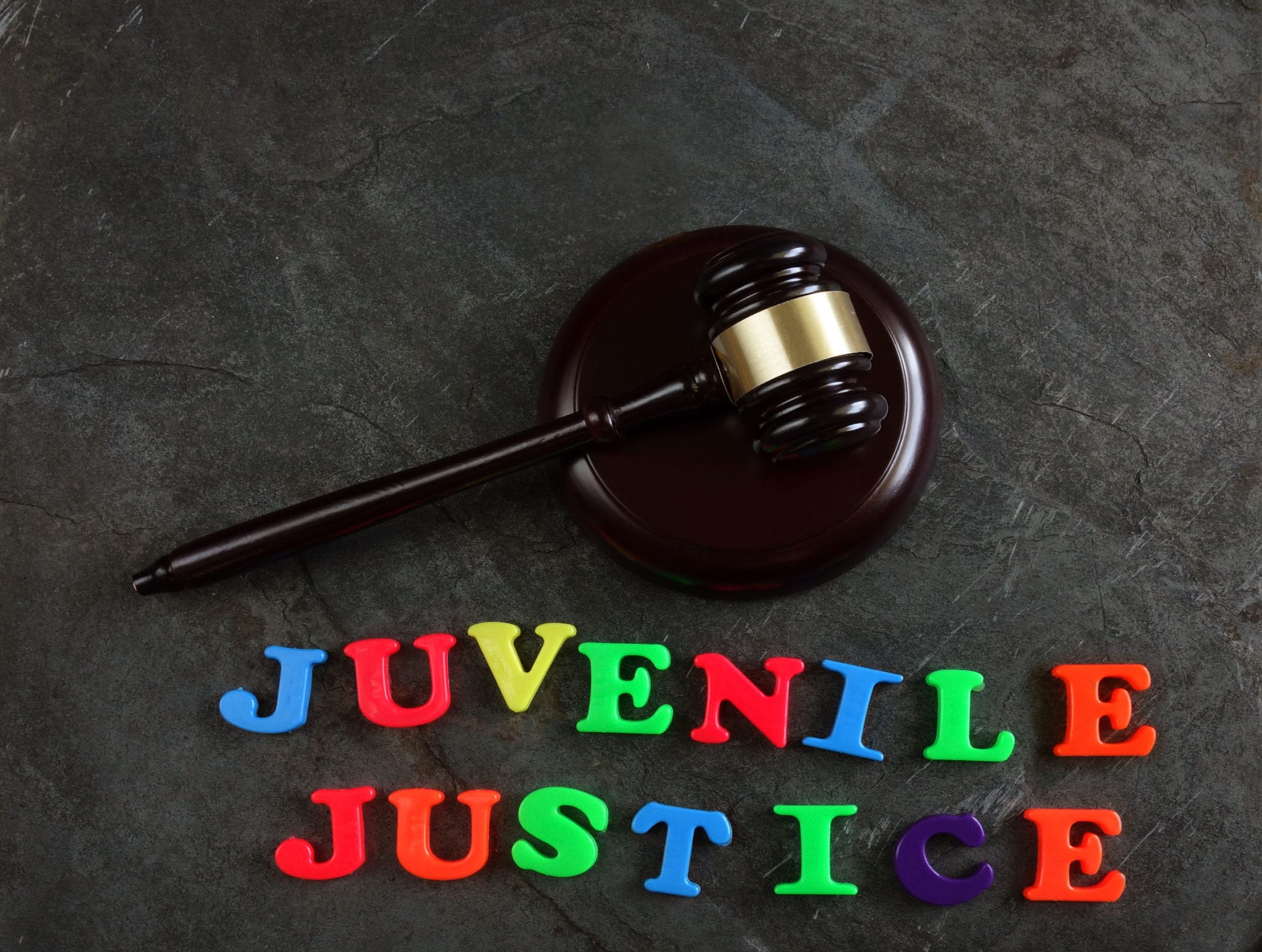Parents of North Carolina adolescents and teens have all kinds of things to worry about when it comes to their kids. Will they get good grades? Stay safe? Keep away from drugs and alcohol? Not get pressured into sex too early? Make the right choices so they can have a good future?
The possibility of getting arrested for some kind of crime is just one more worry, but it’s a big one. After all, being charged with a juvenile offense can lead to serious repercussions that can drastically knock your child off course.
Our laws cover all kinds of potential crimes, though? Are there certain ones that you should watch out for more than others? While every child is different, there is definitely a pattern to the types of criminal acts that teens and adolescents in our state tend to get charged with.
Below, we’re going to detail common juvenile offenses you should be aware of and what to do if your child gets in trouble with the law.
Common Juvenile Crimes in North Carolina
Here is a list of the most common types of juvenile crimes.
- Alcohol possession or purchase, or distribution to other juveniles
- Burglary – entering a residence, commercial building, or public building with an intent to steal
- Criminal trespass – entering a building or land without owner’s permission
- Curfew violations – leaving a parent’s home, violating public park hours
- Disorderly conduct – indecent exposure, cursing at an authority figure
- Disturbing the peace – making loud noises within city limits, causing fights
- False identification – using a fake ID
- False reports – false 911 calls, bomb threats, or fire alarm pulls
- Forgery – signing someone else’s name to a document, altering official documents
- Fraud – identity theft, writing bad checks, impersonation, fraud via email or social media
- Harassment – telephone calls without reason, making insults to provoke a response
- Littering – in places prohibited by law
- Loitering – hanging out in a parking lot or in front of a building
- Marijuana possession or smoking in public
- Mischief – damaging a mailbox, egging, toilet-papering, picking flowers without permission
- Possessing a weapon – unlawful possession of pepper spray, brass knuckles, a BB gun, a pellet gun, or nunchucks
- Possessing stolen property – receiving property you know to be stolen, or being in the presence of someone who is committing theft
- Possession of drug paraphernalia – pipes, resin, growing equipment
- Reckless endangerment – hanging onto a moving car, speeding in a parking lot
- Resisting an officer – lying to an officer, running away from an officer, refusing to obey an officer’s request to move
- Runaway – from a parent’s home, or going out of state or city without parental permission, or staying at a friend’s home without permission
- School violations – class disruptions, food fights, cheating, dress code violations
- Simple assault – bullying, pushing, shoving
- Stalking – online or in person
- Theft – shoplifting, stealing from classmates, petty larceny
- Tobacco possession and distribution
- Traffic violations – speeding, tailgating, failure to yield, not wearing a seatbelt
- Truancy – cutting classes, excessive tardiness
- Unauthorized use of a vehicle – operating without a license, using all-terrain vehicles in unlawful ways, taking a car without the owner’s permission
- Vandalism – graffiti, tagging, drawing on walls, keying vehicles, slashing tires
If your child is caught committing any of these actions, you need to consult with an experienced North Carolina defense attorney immediately.
North Carolina Juvenile Justice
The juvenile justice system in North Carolina differs from the adult criminal system, since its goal is rehabilitation rather than punishment.
Alternative sentencing is a common course of action after a juvenile is taken into custody. Community service hours, restitution, and rehabilitation courses may be required. Mandatory counseling and probation sentencing may be parts of the sentence.
In more serious cases, however, a juvenile can be tried as an adult. This typically happens when the juvenile is believed to have acted with criminal intent in the way an adult would do.
Fortunately, the national juvenile arrest rate has declined every year since 1996, when it reached its peak of over 8,000 arrests for every 100,000 people aged 10 to 17. In 2016, the most recent year for which figures are available, the arrest rate was around 2,500 arrests per 100,000 juveniles.
If Your NC Child Is Charged with a Crime
You can expect the following process to go in motion if your child is charged.
Law enforcement officials may issue a citation for a minor infraction or take your child into custody for a more serious infraction.
Next, a juvenile probation officer decides the level of risk. Based on the decision, your child either be sent home with you or placed in a juvenile detention center.
If your child is taken into custody, he or she will appear before a juvenile court judge for a hearing within the next 24 hours. At this hearing, the judge will decide whether to admit your child to a diversion program or try your child as an adult.
The next hearing will decide whether your child committed a delinquent act. If the decision is affirmative, your child will reside in a juvenile detention center for the length of the sentence. If the decision is negative, your child will be released but may be placed on probation. The length of sentencing depends the public risk.
A skilled North Carolina criminal attorney can guide you through this complex process. Call today for a free case review.










